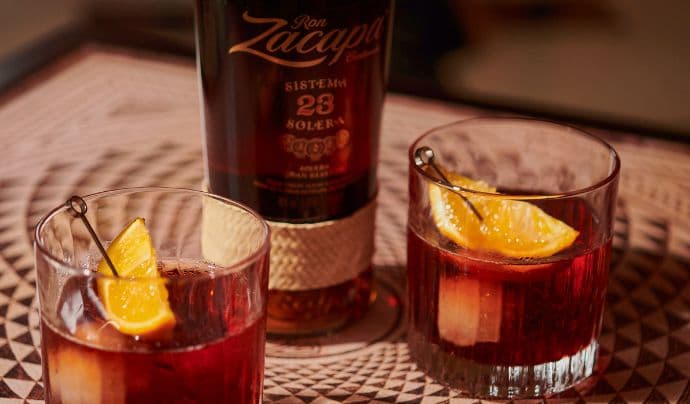A Guide to Cocktail Ageing
A growing bar trend is teaching enthusiasts the value of patience: cocktail ageing. Find out its allure and how it will enhance your cocktail making.
Estimated reading time: 4 minutes
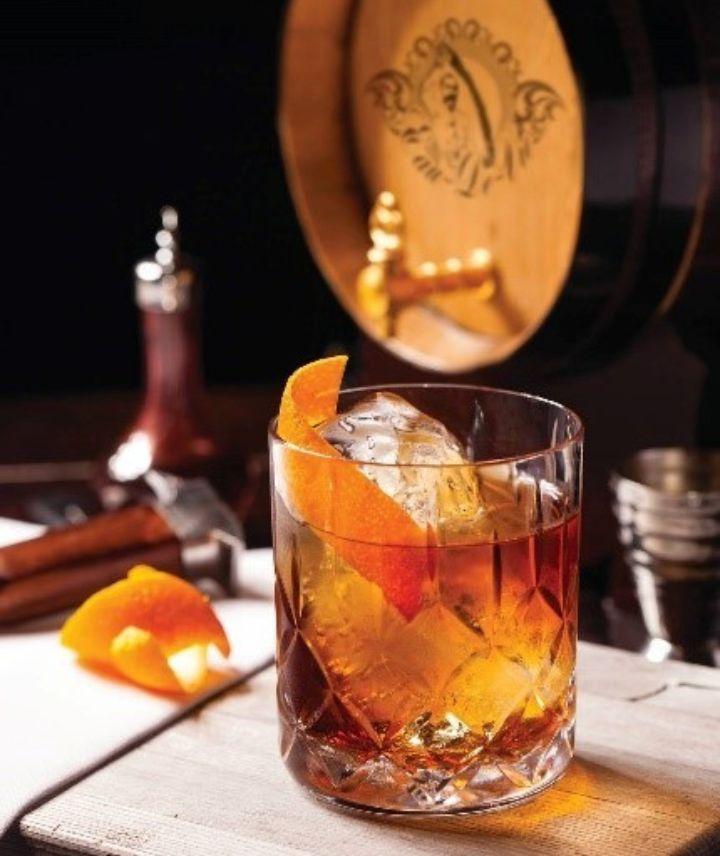
Overview
While the allure of instant gratification often dominates in the fast-paced world of mixology, a growing trend is teaching enthusiasts the value of patience: cocktail ageing.
Cocktail ageing is the process where mixed drinks, instead of individual spirits, are allowed to mature over time. This maturation allows the ingredients to integrate harmoniously, mellowing any harsh edges and bringing subtler notes forward.
The result? A transformative melding of ingredients, where each component evolves to offer a new depth and complexity. The ageing process redefines the cocktail's character, whether in barrels, bottles, or even stainless-steel containers.
What Is Barrel Ageing?
Barrel ageing is the process of using wood and time to change the flavour of a product placed within it through maturation. Maturation is a three-pronged process: Extraction, Subtraction and Oxygenation.
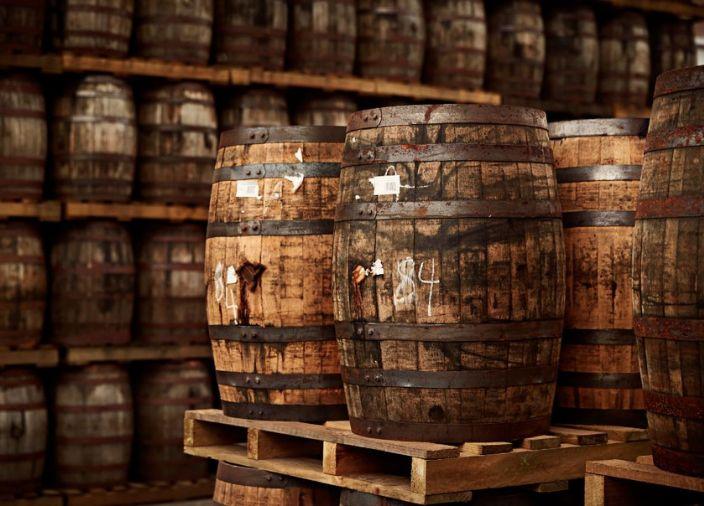
What to Use for Cocktail Ageing
- Barrels: Traditionally used for spirits, these wooden vessels impart nuanced flavours to cocktails, adding layers of woodiness, vanilla, or charred notes. Most bartenders use miniature casks rather than traditional spirits barrels (which can be expensive and cumbersome). The smaller the barrel, the faster and more intense the effect. If you want an aged cocktail for a competition next week or have a high turnover in a busy bar, consider using 5-litre barrels.
- Glass Bottles: Offering a neutral ageing environment, bottles allow the cocktail components to meld without the influence of wood. Small glass bottles can also be used for single-serve cocktails or larger bottles for decanting.
- Stainless Steel Containers: They are used for cocktails where neither the influence of wood nor glass is desired, providing a purely integrated flavour profile.
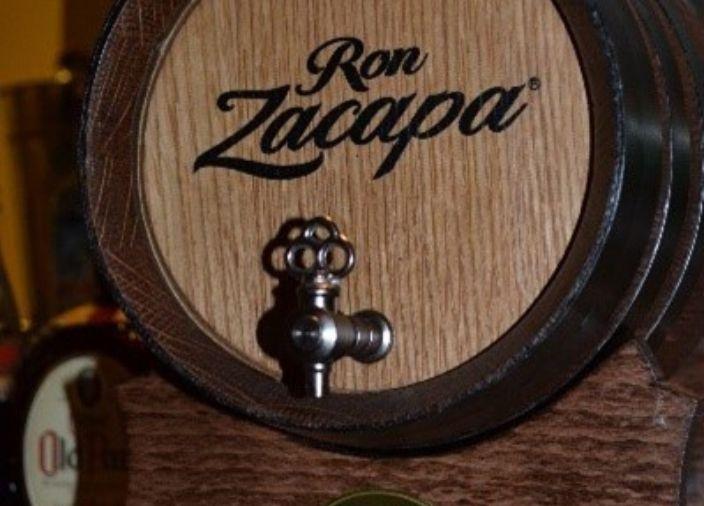
Techniques and Best Practices
-
Select Ingredients with Care: Ageing a poorly made cocktail is not going to make it better. Use reasonable ingredients and make it with the outcome in mind. If you aim to add a lot of sweet flavours from a small bourbon barrel, for example, it might pay to make the drink a little drier. Don't age anything that will go off; old dairy or rotting fruit juices aren't going to do you any favours.
-
Choose the Right Container: Barrels offer wood-infused complexity, while glass and steel provide a more neutral ground for ingredient interplay. If the alcohol beverage volume (ABV) of the drink isn't high enough, wines and vermouths can oxidise to acetic acid in the same way an open bottle of wine goes sour in a few days. In this case, an airtight bottle might be a good bet.
-
Ageing Duration: Unlike spirits that might age for decades, cocktails usually mature over weeks or months. Regular tasting is essential to determine the optimal ageing period.
-
Rotation: If using barrels, periodic rotation ensures even exposure to the cocktail, promoting uniform flavour development.
-
Storage Conditions: Consistent temperature and limited light exposure are crucial. Cellars or dark storage areas are ideal. If you buy new barrels, ensure they aren't lined with lacquer or treated with (potentially toxic) wood preservatives. They need to be of food-safe quality.
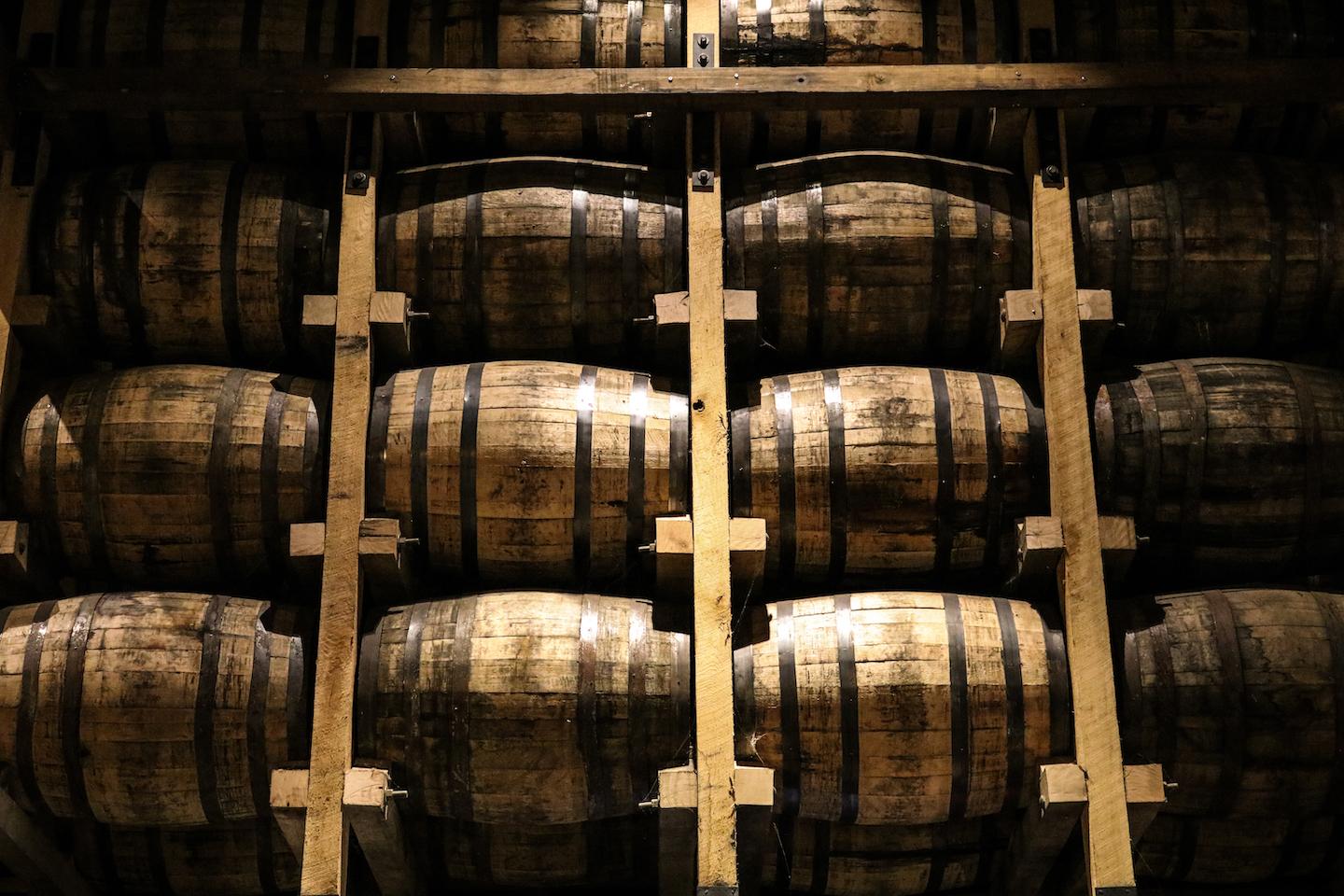
Ageing’s Role in Contemporary Mixology
Cocktail ageing has carved a unique niche in the modern bar scene:
- Signature Barrel-Aged Cocktails: Establishments age house-special cocktails in barrels, presenting patrons with unique, matured versions of classic concoctions.
- Bottle-Aged Classics: Negronis, Manhattans, and other stalwarts, when bottle-aged, offer a softer, more integrated drinking experience.
- Ageing with Wood Chips: Mixologists infuse cocktails with toasted wood chips for an accelerated ageing effect, imparting a barrel-aged character in less time.
- Aged Cocktail Menus: Some bars offer exclusive menus featuring aged variants of popular drinks, providing patrons with familiar yet evolved taste experiences.
Dos & Don’ts for Creating Barrel Aged Cocktails
- Do use higher proof cocktails when ageing, as this extracts more flavour from the cask.
- Do taste your cocktail frequently. A cocktail is ready when it tastes ready.
- Don’t add bitters to your ageing cocktail as they can overpower the profile of the cocktail over time. Add bitters before serving.
- Don’t use any perishable items likes juices or dairy.
- Don’t use refined sugar or syrups as this can fall out of solution over time. Use agave, maple or high-quality liqueurs instead.
Old Pal
Award-winning bartender Jack Sotti offers one of his favourite barrel-aged recipes: Old Pal.
With a history dating back to the Prohibition era in the United States, Old Pal is a variation of the Negroni cocktail and is known for its bold and bitter flavour profile. Similar to the Negroni, its recipe is built with equal parts of each ingredient. The three-ingredient drink includes Bulleit Bourbon American Whiskey, red herbal liqueur and dry vermouth.
Patience Crafts Perfection
Cocktail ageing, with its delicate interplay of time and ingredients, reshapes how we perceive mixed drinks. It challenges the mixologist to think beyond the immediate pour and envisage a drink's evolution. For the discerning drinker, it promises an experience, a journey through time with each sip. As cocktail ageing gains traction, its emphasis on bringing out subtle flavours reaffirms the adage ‘patience crafts perfection’ in a modern context.
Become a member of Diageo Bar Academy for free today and get loads of extras, including exclusive access to our free menus, recipe cards, courses, and more!
